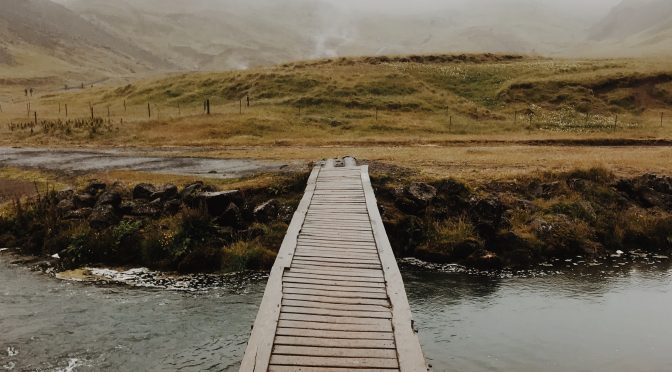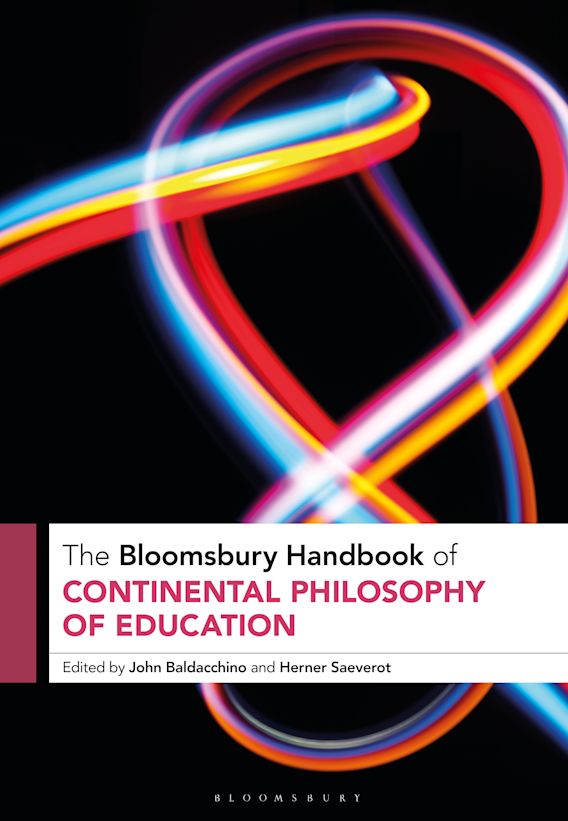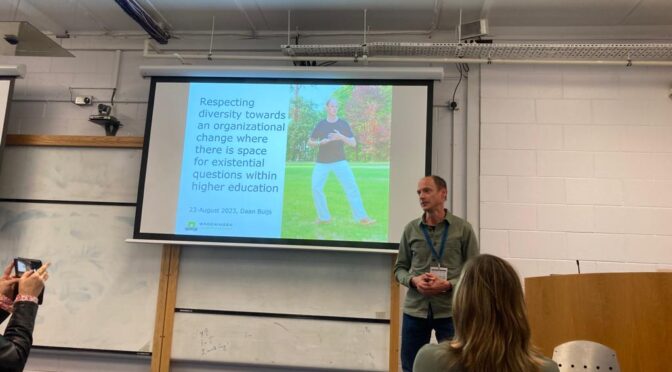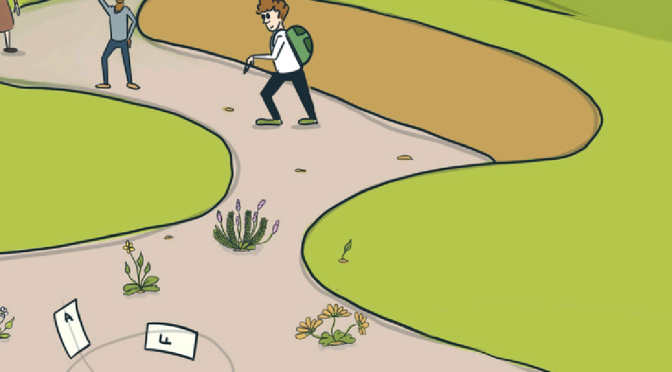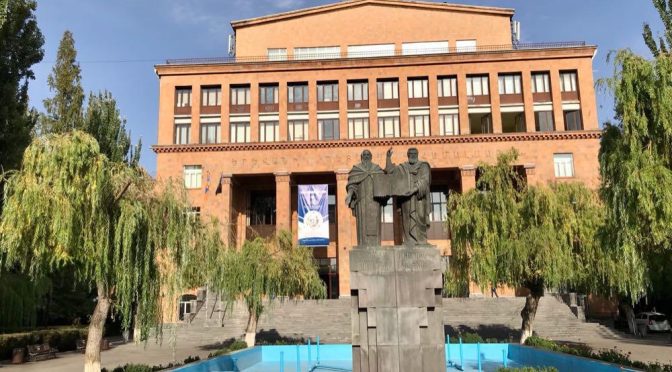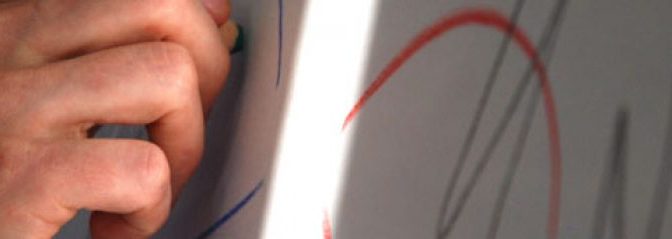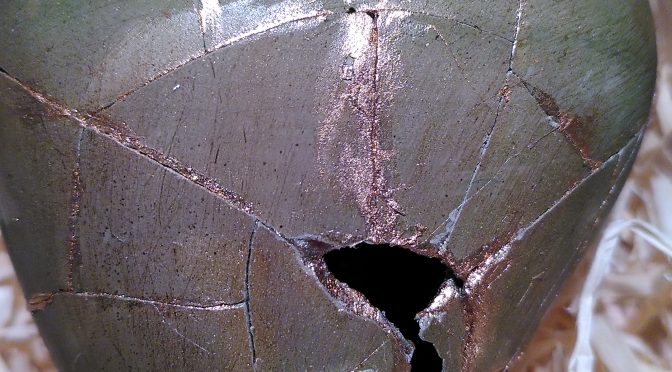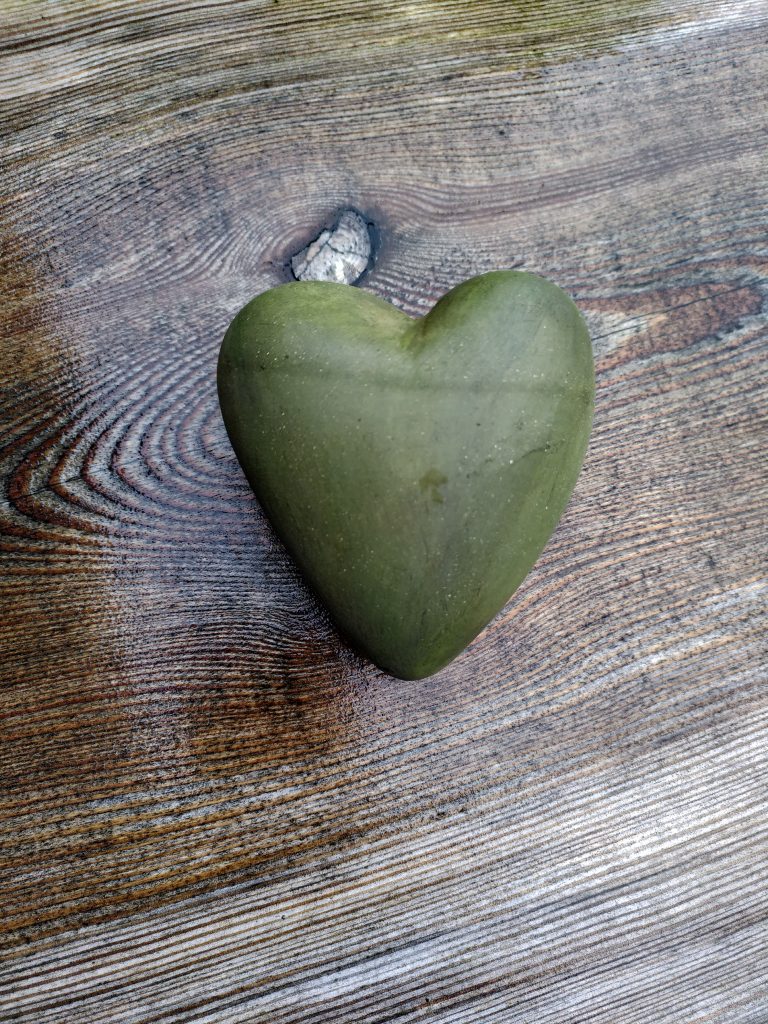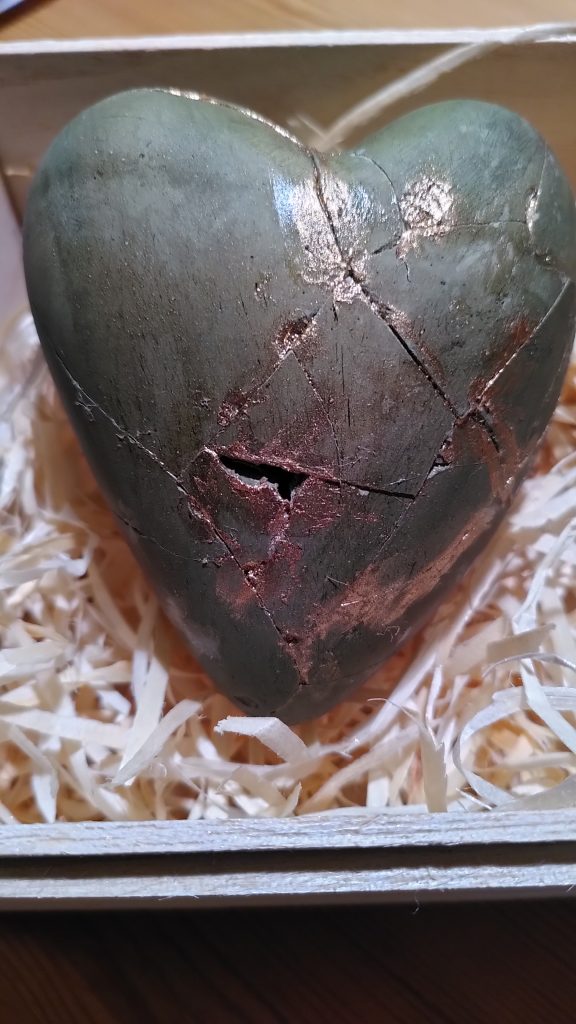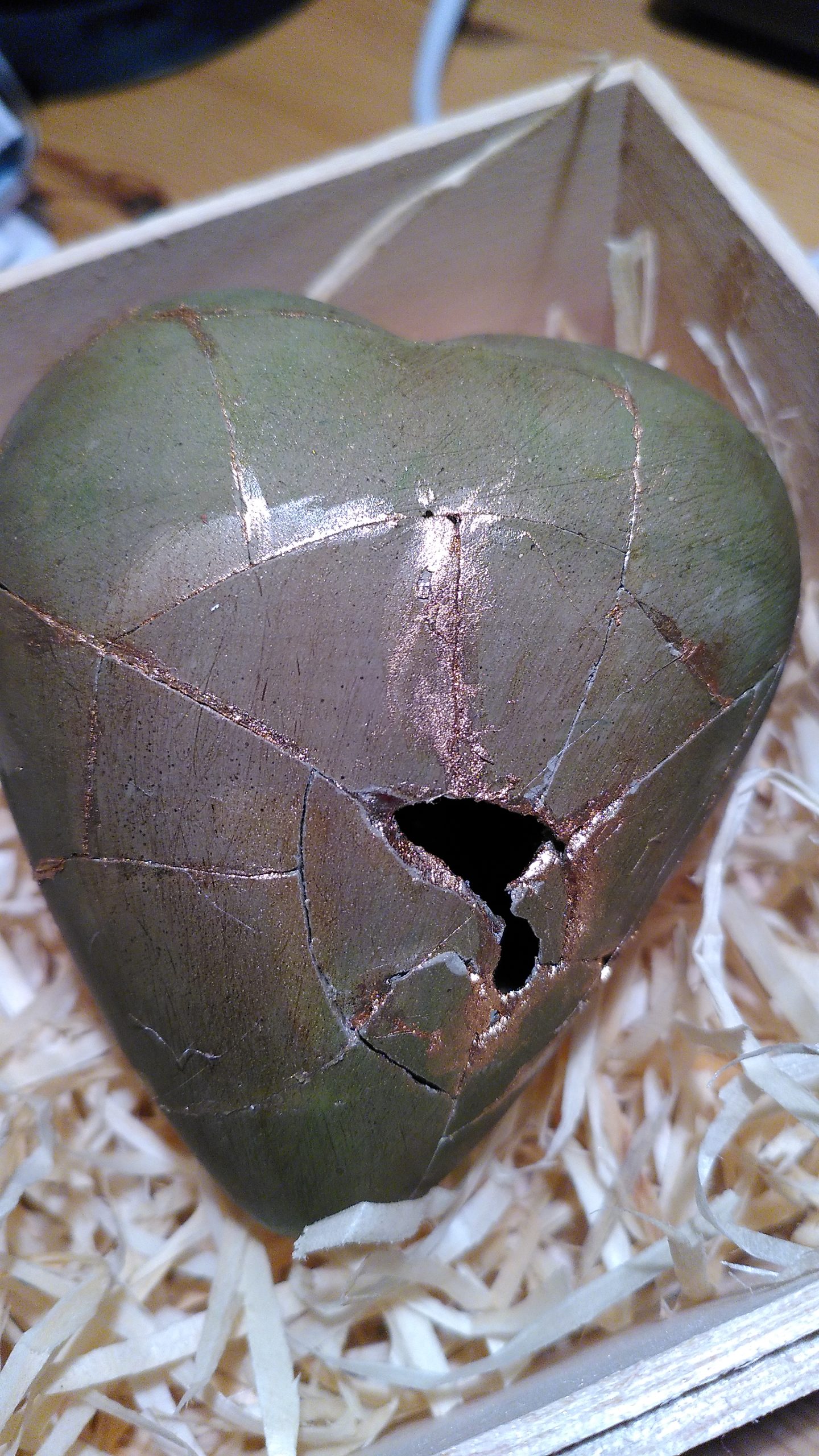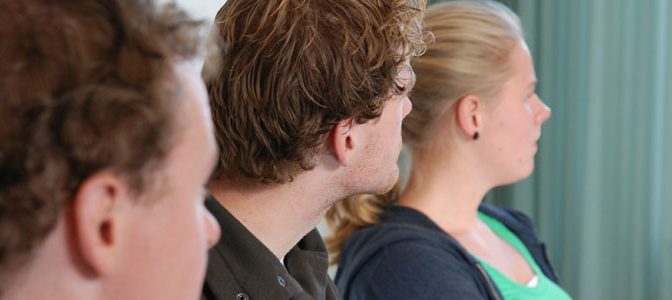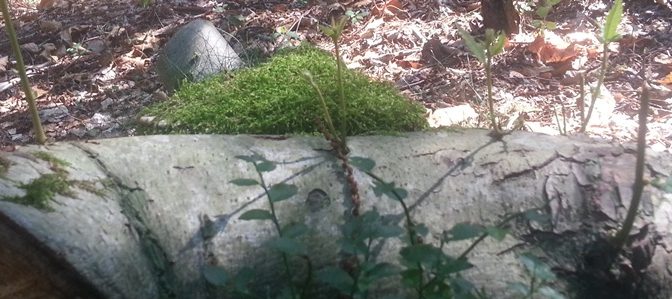About the development of meaning making
I started my PhD in the autumn of 2019 with expert interviews. These steps were contemporaneously my first steps back into science since I graduated as a social psychologist in 2000. I wanted to do expert interviews because I had a quite positivistic schooling within academia, and I felt I had no experience within my academic career so far where I could build upon. So I had to start this knowledge review from scratch. Starting with the question: how and where to search for? I had already experienced that conversations with experienced academics were very helpful, not only in gaining knowledge, but also in reflecting on my own convictions. My first interview based on my semi structured questionnaire did not bring the rich data that we were searching for. We had to come up with a better idea. This is where the talking paper emerged. We wrote down our Ideas about existential questions on a flip chart and used that as a means to start a dialogue about the topic. That turned out to be a very good way for collecting rich data.
I conducted, in total, seventeen interviews, with experts who had all some relationship with the subjectification domain of education (Biesta, 2020).
All these interviews already affected my perspective and therefore influenced the way my research further developed and emerged. Like in reading Bortoft (see my August 2024 blog), I thought I had already made quite some changes in perceiving the world from a more existential and relational angel, but bottom line, I had not integrated that into my experience. Changing your world view in your thoughts seems easy, but changing your world view in the way you experience the world and in the way you act is rather difficult (by Mezirov (1997) expressed as “Habits of mind” (p5.)). The feedback on my first talking paper was: too much based on autonomy of the student, and the ideas of modernity (the still more instrumental worldview).
In living my questions as a heuristic inquiry, I immersed myself into the data of the conversations I had held until then (the first seven). I processed all the conversations, and the talking papers, filled with sticky notes I put on the talking paper during the conversations. That led to a new picture, that came into my mind during the night.
I drafted a second talking paper from this picture, and shared that with the rest of the experts I had conversations with. The feedback mostly confirmed the development of the talking paper, that formed the basis for my final heuristic model, as we call it in the book chapter.
Data collection, and in this case, also development was the first phase of coming to a paper. The second phase was writing it! I started with an outline and formulated the main tensions within the data, which I presented to a part of the experts, part close colleagues and some international experts I contacted, after reading their work. Based on the outcome of this meeting, I made a final outline. A few months later, In February 2022, I went to Sweden for a writing retreat at the university of Gävle, where Jari Ristriniemi worked. Jari wrote his thesis also about existential questions, and had worked on this theme throughout his career. During the week I could use his office or any other place at the university to write, and during the weekends, Jari showed me some beautiful spots of the country.
It was during this week, that I discovered that writing alone is, at least currently, not something I gain energy from. More the opposite, I ended up in a complete writing block. I decided, to change the plan, that was to make this my single author article, and asked Jari Ristiniemi and Scott Webster as co-authors. They did not need much time to think about my proposal, and immediately said yes! From that moment, my writing flow was back again!
Although I had a lot of support, for the article to come to the final version took still another year and a half. A period in which we learned a lot, probably I learned the most…
The article and the aim we had with it was quite complex. On the one hand, we wanted to show the methodology we used, and on the other hand, we wanted to show the development of the heuristic model (that started with the talking paper). In the end, these goals nicely merged in the paper.
Reference to the chapter:
Buijs, D. G. A., Ristiniemi, J., & Webster, R. S. (2025). Space for students’ existential questions in higher education. In M. A. Peters, B. Green, G. W. Misiaszek, & X. Zhu (Eds.), Handbook of Ecological Civilization. Springer. https://doi.org/10.1007/978-981-97-8101-0_74-1


